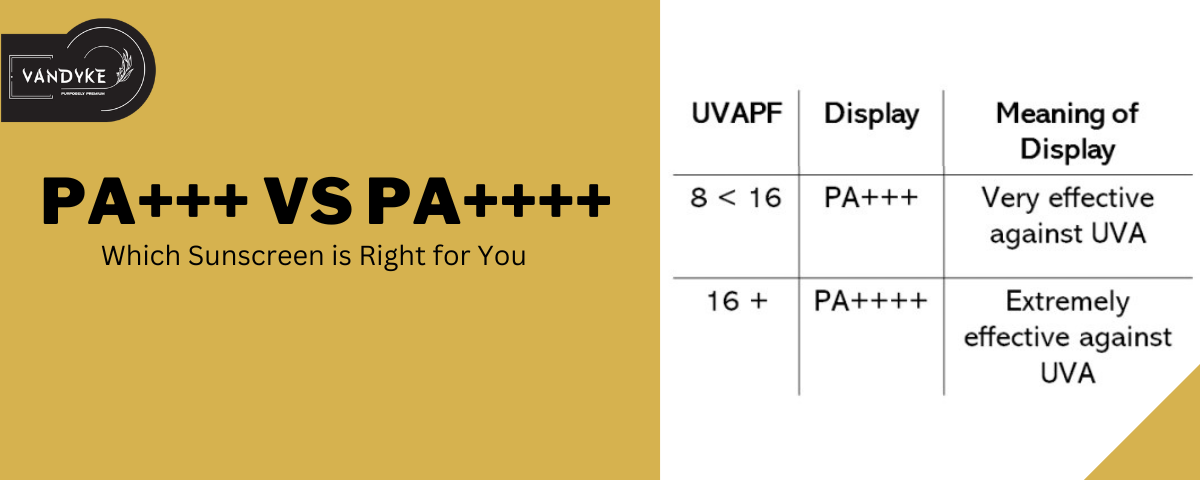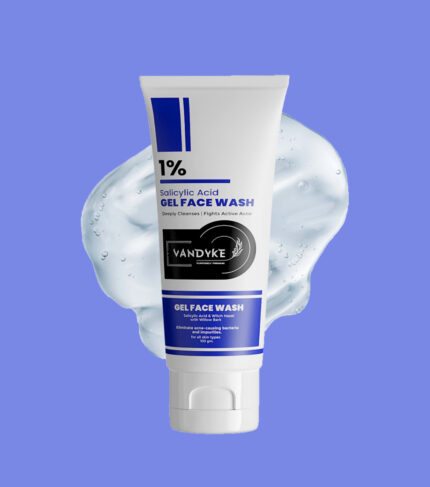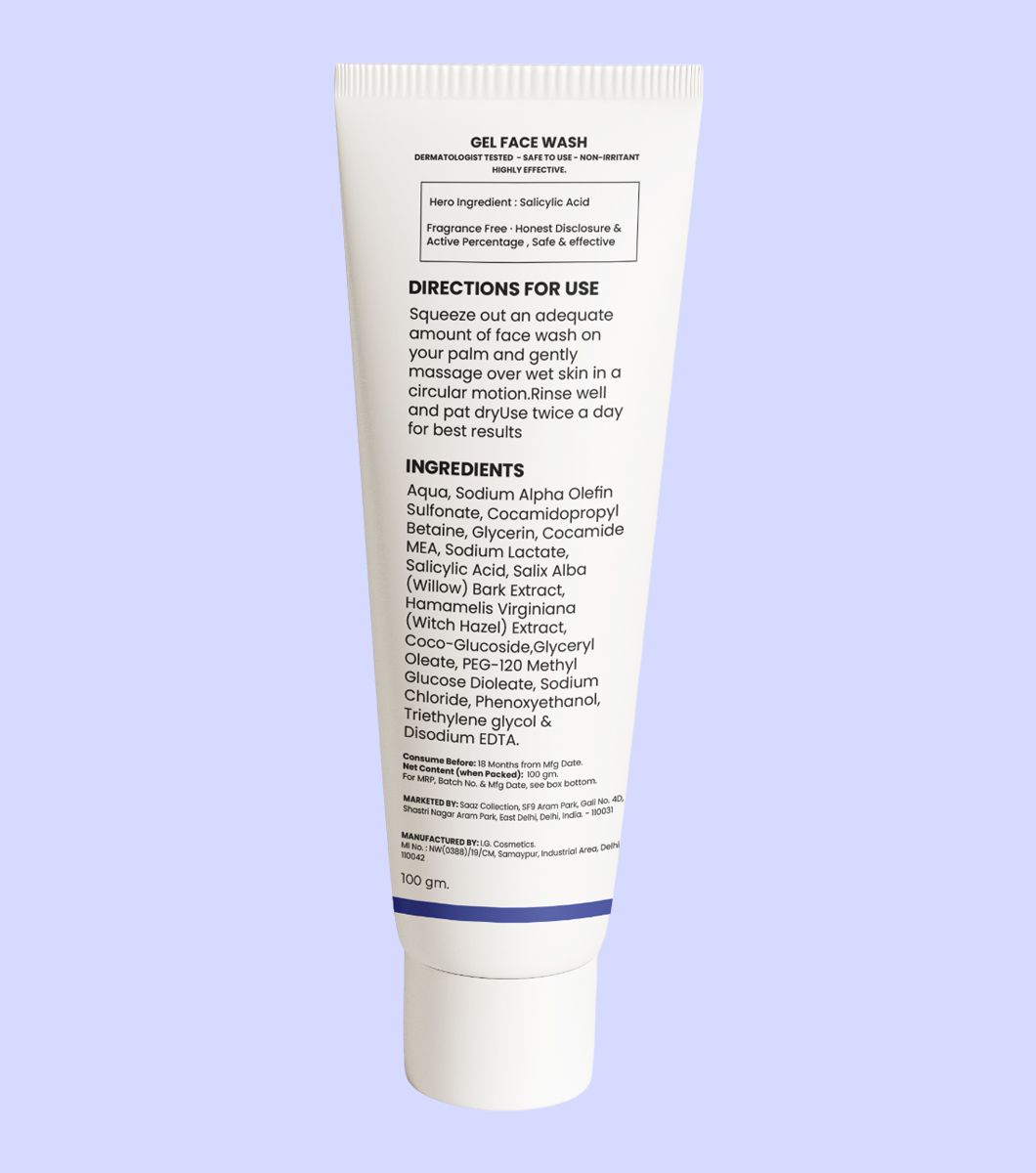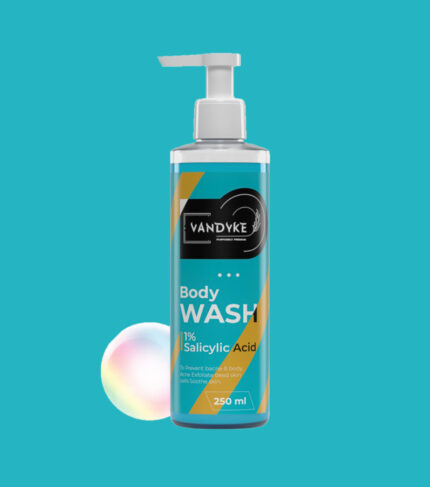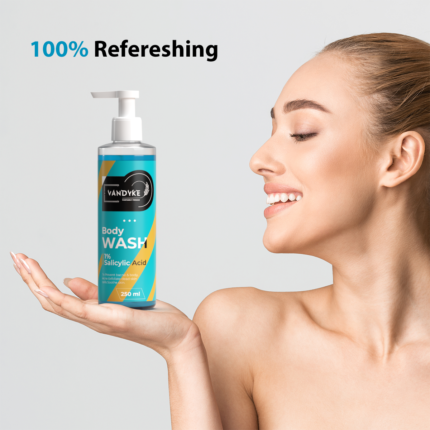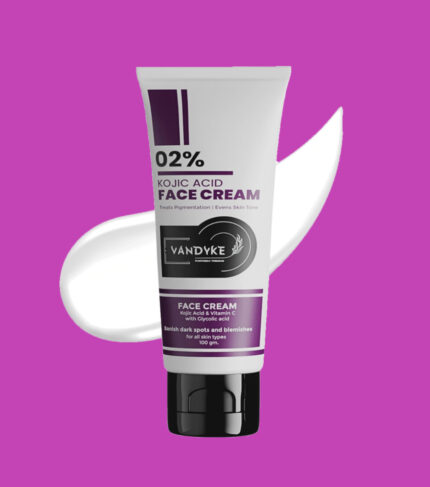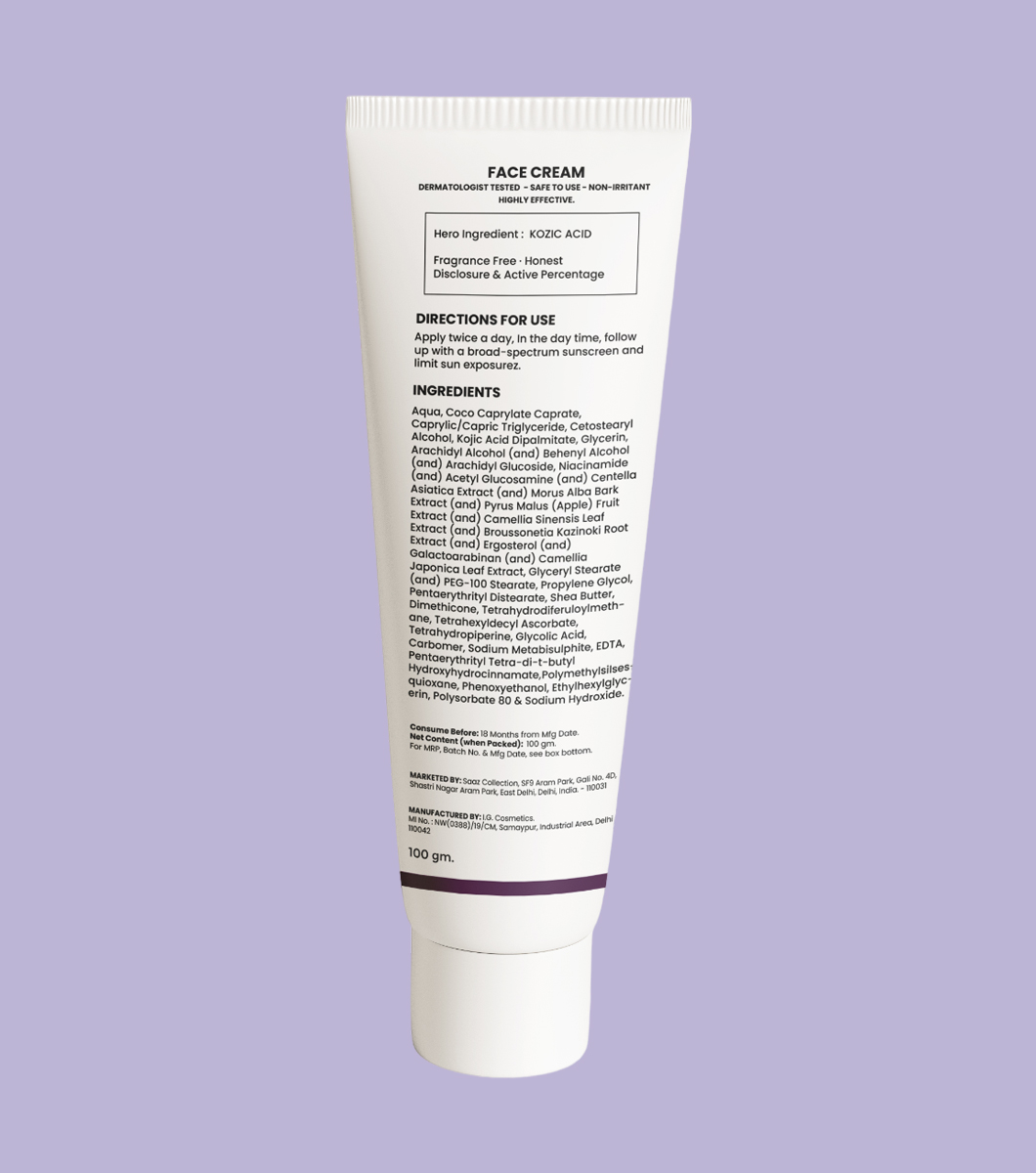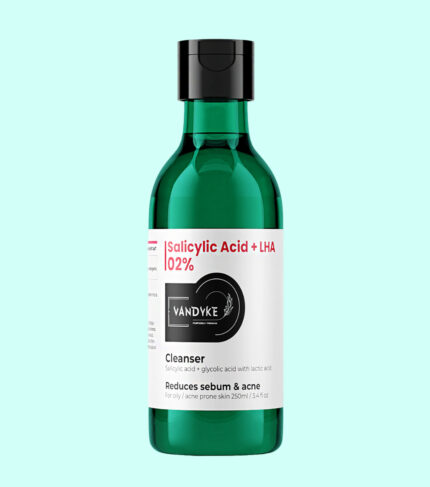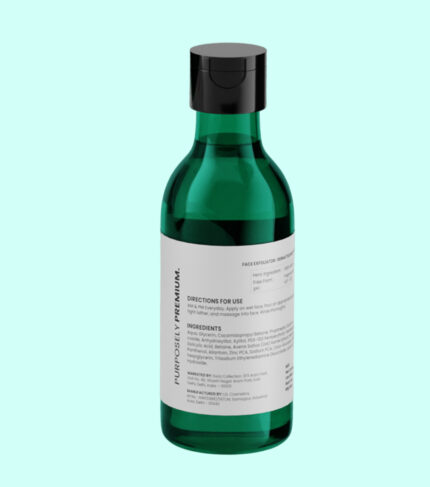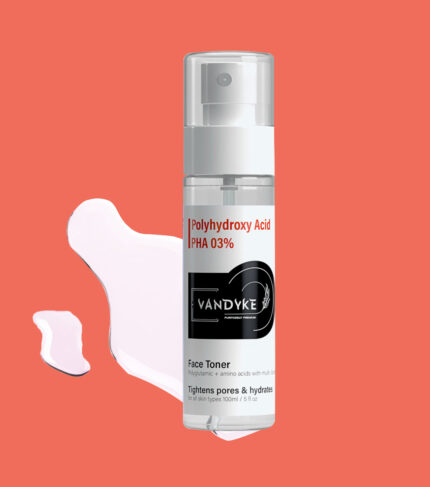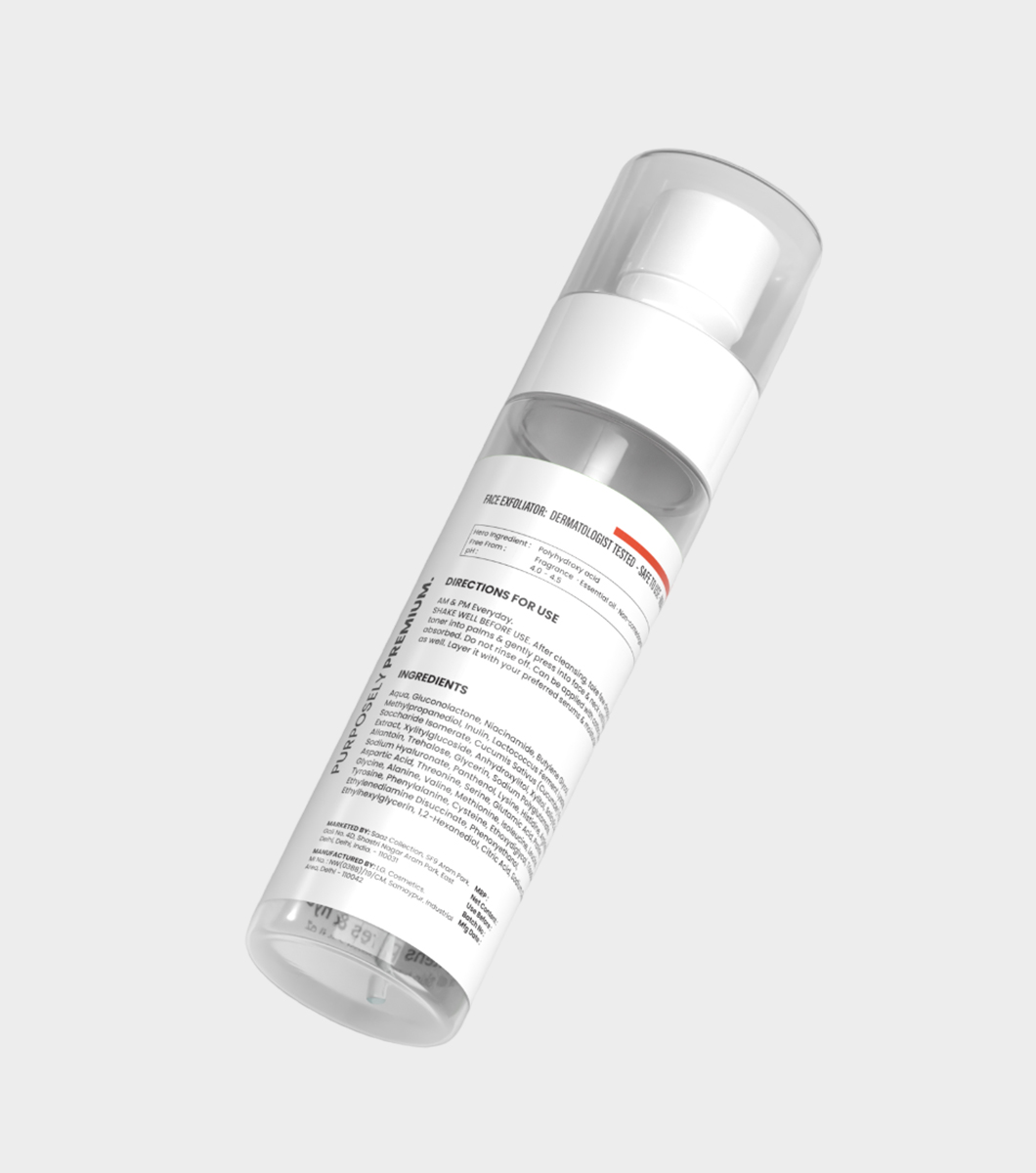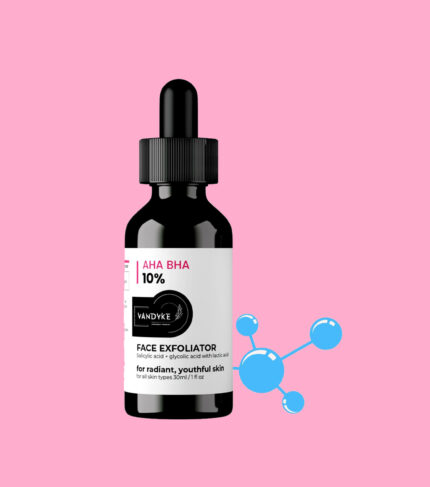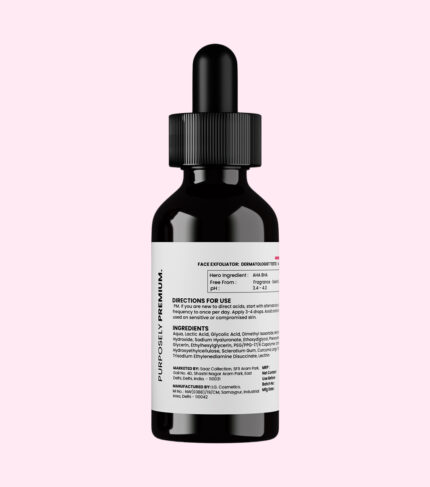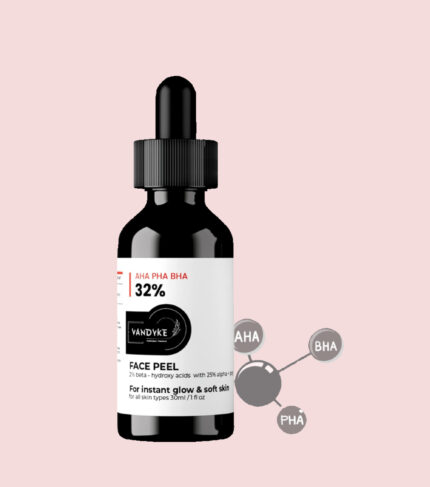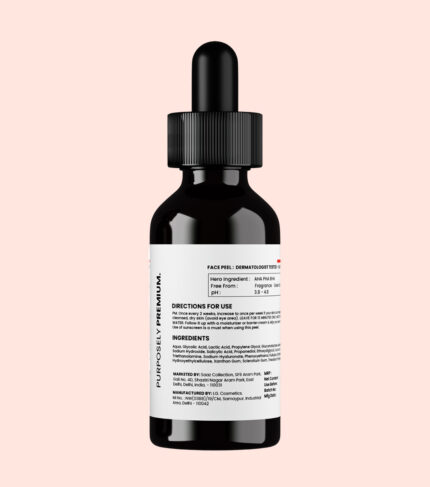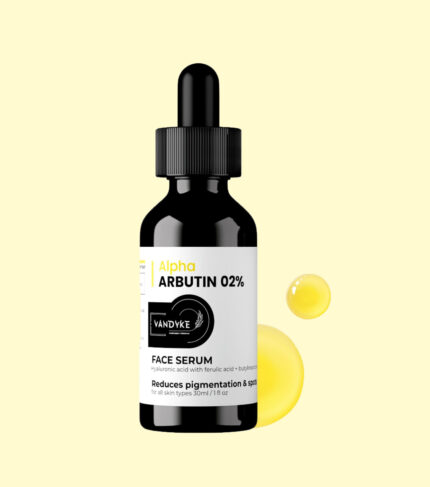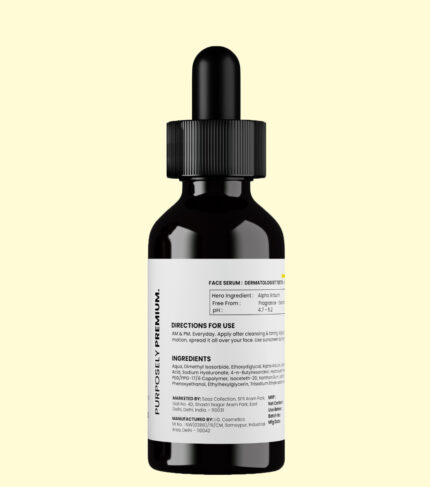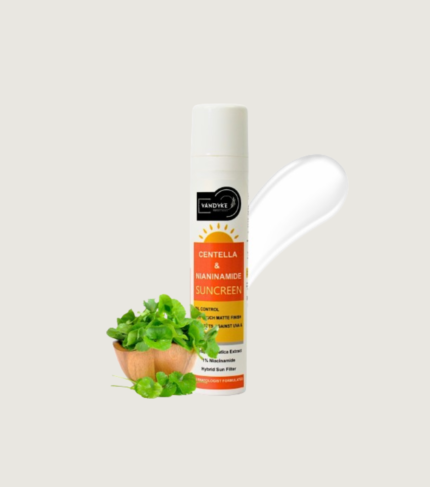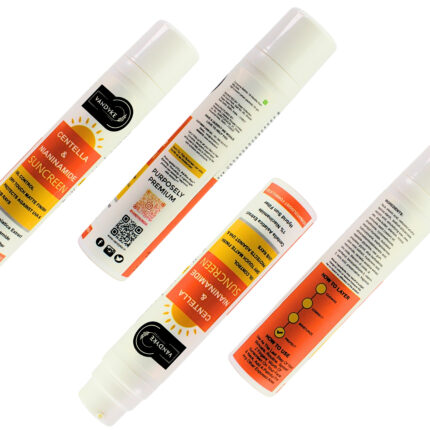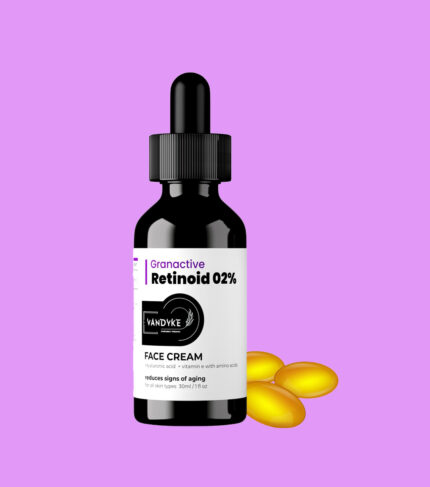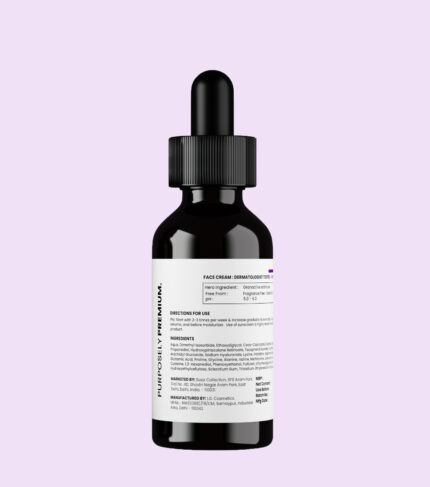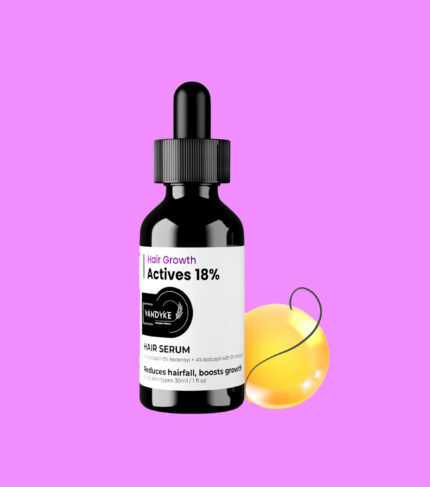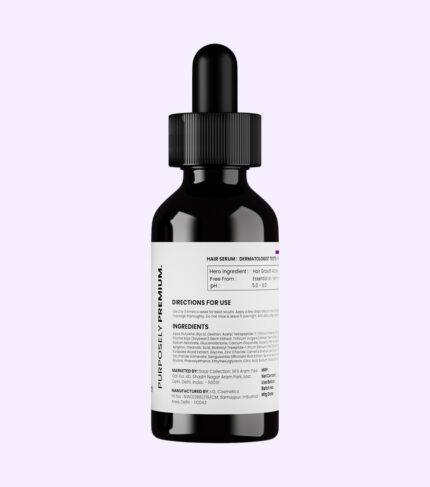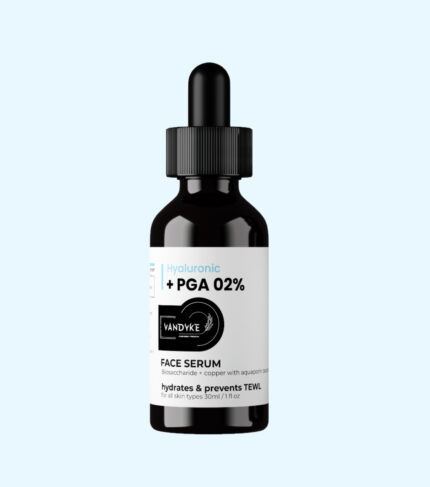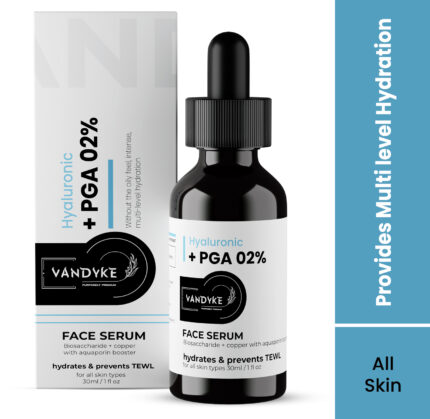PA+++ vs PA++++ Sunscreen Which Sunscreen is Right for You?
Your skin’s safety depends on choosing the correct sunscreen, which is your first line of defense against the sun’s damaging UV rays. What do these ratings signify and which sunscreen is best for you may be found on sunscreen products branded “PA+++” or “PA++++,” as you’ve probably observed. In this post, Vandyke will go into the realm of sunscreens, examine the PA rating system, and assist you in choosing between PA+++ and PA++++ based on your demands for sun protection. Or the answer to the real question is PA+++ is better then PA++++?
What is the PA Rating System?
The PA rating system, which was developed in Japan, is a useful tool for determining how well a sunscreen shields the skin from UVA (ultraviolet A) radiation. UVA radiation are well known for contributing to early aging, wrinkles, and other skin problems. The PA rating system uses plus symbols to indicate the level of UVA protection, with a higher level of protection shown by more plus symbols. The breakdown of each PA rating is as follows:
- PA+: Indicates low UVA protection.
- PA++: Signifies moderate UVA protection.
- PA+++: Denotes high UVA protection.
- PA++++: Represents extremely high UVA protection.
A sunscreen with a higher PA rating might provide more UVA protection when picking one, especially if you’re worried about avoiding premature aging or preserving skin health. In order to ensure that you have complete sun protection against both UVA and UVB radiation, the PA rating works in conjunction with the SPF (Sun Protection Factor) rating, which concentrates on UVB protection.
What’s the Difference Between PA+++ and PA++++?
Let’s examine the differences between PA+++ and PA++++ sunscreens to see which would be better for your individual needs in terms of sun protection:
PA+++ (PA Plus Plus Plus)
- Pros: High UVA protection provided by PA+++ sunscreen makes it ideal for everyday use on the majority of skin types. It offers strong protection against UVA radiation, assisting in delaying the onset of aging and preserving general skin health.
- Cons: For people with exceptionally fair skin or those who plan to spend a lot of time in the sun, PA+++ may not provide sufficient protection. A higher level of protection could be required in certain circumstances.
PA++++ (PA Plus Plus Plus Plus)
- Pros: PA++++ sunscreen offers the greatest amount of UVA protection currently available, making it perfect for people with fair or sensitive skin, as well as those who want to spend a lot of time outside. It provides an additional layer of UVA protection, lowering the possibility of skin damage.
- Cons: Because it offers more UVA protection than sunscreen with lesser PA ratings, PA++++ sunscreen may cost more and have a slightly different texture.
The decision between PA+++ and PA++++ sunscreen should be based on your skin type, the amount of time you will be exposed to the sun, and how comfortable you are with the textures and price of sunscreen. While PA+++ offers effective UVA protection for everyday usage and the majority of skin types, PA++++ sunscreen is a fantastic choice for individuals with light skin or prolonged sun exposure. Whichever option you choose, it’s crucial to include adequate UVA protection in your sun care regimen to preserve healthy, young skin and lower the risk of skin damage from UVA radiation.
Which PA Rating is Right for You?
Depending on your unique skin type, sun exposure habits, and demands, you should choose between PA+++ and PA++++. You may choose the appropriate PA rating for you by taking into account the following important factors:
Skin Type and Sun Exposure
- Fair Skin or Sunburn-Prone
Choosing PA++++ is a sensible move if you have fair skin, have experienced sunburns in the past, or expect prolonged periods of sun exposure. The strongest UVA protection provides your skin additional resistance.
- Darker Skin or Limited Sun Exposure
PA+++ may offer sufficient UVA protection if you have darker skin, spend less time in the sun, or are not overly concerned about premature aging.
Other Considerations
- Skin Sensitivity
Check the components in your sunscreen if you have sensitive skin. Some sunscreens with high PA ratings could include more of some chemicals than are healthy for sensitive skin.
- Texture and Comfort
Pay attention to how your skin feels after applying the sunscreen. Because some people perceive PA++++ sunscreens to have a somewhat thicker texture, your decision may be influenced by your comfort preferences.
In the end, your skin type, sun exposure habits, and personal preferences will determine what PA rating is best for you. The most important thing is to make sure you’re using an efficient UVA protection product to preserve healthy, young skin while lowering your chance of skin damage from UVA radiation.
If you choose PA++++ (PA Plus Plus Plus Plus) sunscreen rating for your skin, and you are looking for sunscreen with PA++++ (PA Plus Plus Plus Plus) protection rating then you can choose vandyke SPF 50 sunscreen for your skin. This is the best broad spectrum sunscreen. best sunblock for melasma. Vandyke spf 50 sunscreen is spf 50 face cream non greasy cream for your skin.
Additional Tips
While sunscreen is essential, other sun protection measures should also be included:
- Especially when the sun’s heat is at its hottest, seek shade.
- Put on protective clothes, such as long sleeves, a hat, and sunglasses.
- Don’t use tanning beds since they expose your skin to UV radiation that is damaging.
- Because children’s skin is so delicate, you should take particular care to shield them from the sun’s rays.
Remember that using sunscreen and other sun-safe behaviors are all part of a comprehensive sun protection strategy.
Conclusion
Both sunscreens in the dispute between PA+++ and PA++++ may provide reliable UVA protection. Consider your skin type, sun exposure patterns, and unique needs to determine the best decision. The variables listed here can help you make a decision, and it’s always a good idea to speak with your dermatologist if you have any concerns or questions. They may offer specific advice depending on your skin type and lifestyle, ensuring that you get the best possible skin protection.
Choose vandyke skin care tips and vandyke skin care products because we make our products;
“Purposely Premium”

